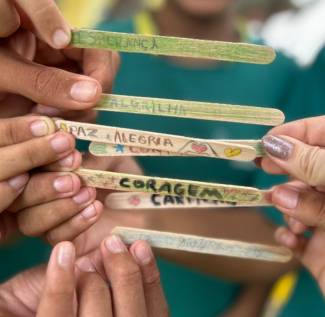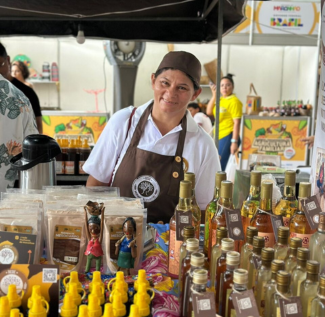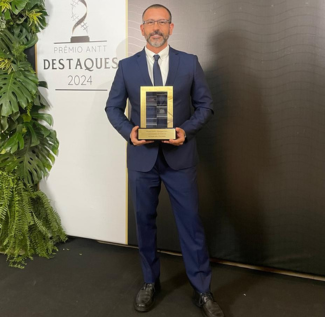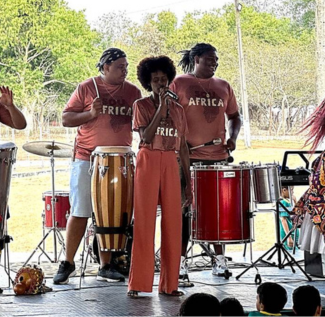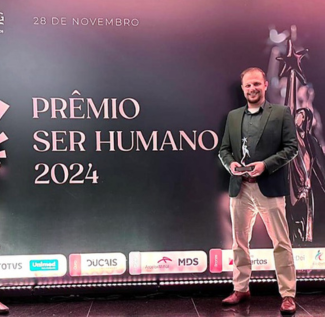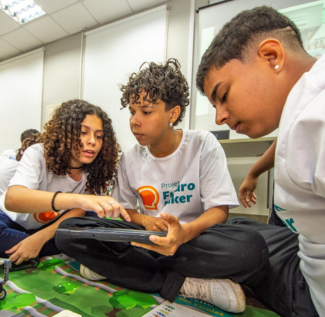“Networked Territories” program reaches Eldorado do Carajás, Bom Jesus do Tocantins, Parauapebas and Canaã dos Carajás (PA)

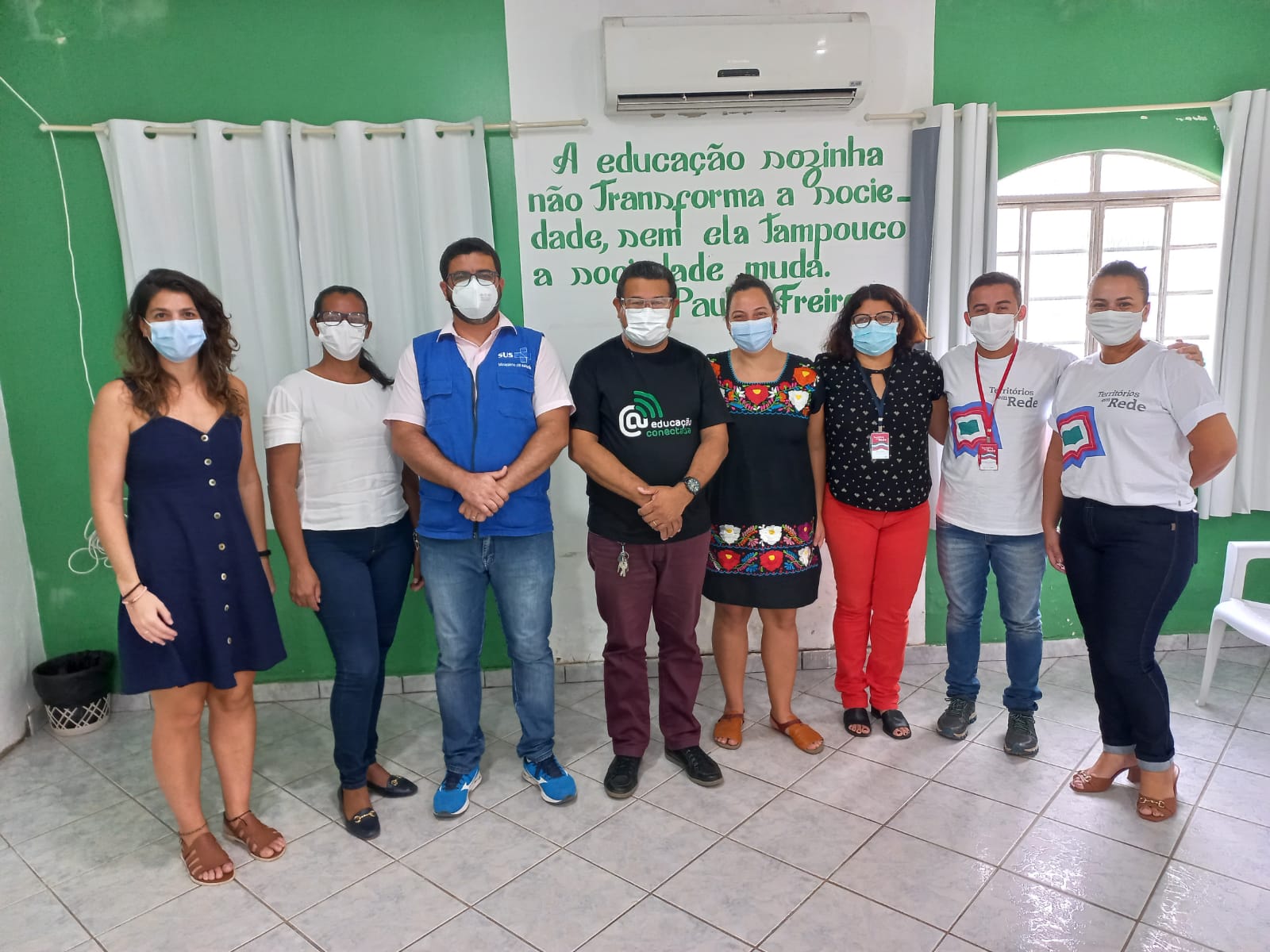
The “Networked Territories” Program, which works to combat school exclusion, was expanded in November to four new municipalities in Pará: Eldorado do Carajás, Bom Jesus do Tocantins, Parauapebas and Canaã dos Carajás. A partnership between the Vale Foundation, Cidade Escola Aprendiz and local city halls, the initiative is also present in Espírito Santo and Minas Gerais, now totaling 10 municipalities. Investor partners are also part of the initiative: Wheaton Precious Metals, Komatsu, Keda and GHT.
With an average duration of two years, the Program is part of the municipalities’ social development strategy, which focuses on the right to education. For this, the teams identify children and teenagers from 4 to 17 years old who are out of school or at risk of dropping out. After identification, children are enrolled in school, or reinserted. Program teams follow up to ensure that students have regular attendance. The action strategies are carried out through an in-depth diagnosis of the challenges and the articulation between public policies on education, social assistance, health and the child protection network in general, in addition to municipal secretariats.
The numbers show the progress of “Networked Territories”: in November, 358 children were identified in Serra and Marabá who needed encouragement from the Program. There were 355 home visits and 88 telephone contacts. In the year, the action registered 2,869 children identified in the two municipalities. In addition, from January to September, 2,072 children were enrolled in the educational system.
Active search
The executive director of Vale Foundation, Pâmella De-Cnop, recalls that dropping out of school became even more challenging in 2020. “We had a year of social distancing measures and the suspension of in-person classes. In this context, the Vale Foundation brought Territories in Network to municipalities in Pará and Espírito Santo. A pilot project that aims to identify and, based on the diagnosis, address the causes of school exclusion. All this through partnerships that involve the government and non-governmental sectors. We hope to contribute so that young people and children, of school age, have access to the right to quality public education”, he highlights.
Natasha Costa, director of Associação Cidade Escola Aprendiz also emphasizes that the active search for schools has become, in the context of the pandemic and post-pandemic, one of the priority agendas for the right to education in Brazil. “Many children, teenagers and young people were away from school activities during this period and we know that the longer the period of absence, the weaker the bond between these children and the school, and the more difficult it becomes to return to school”, he comments.

